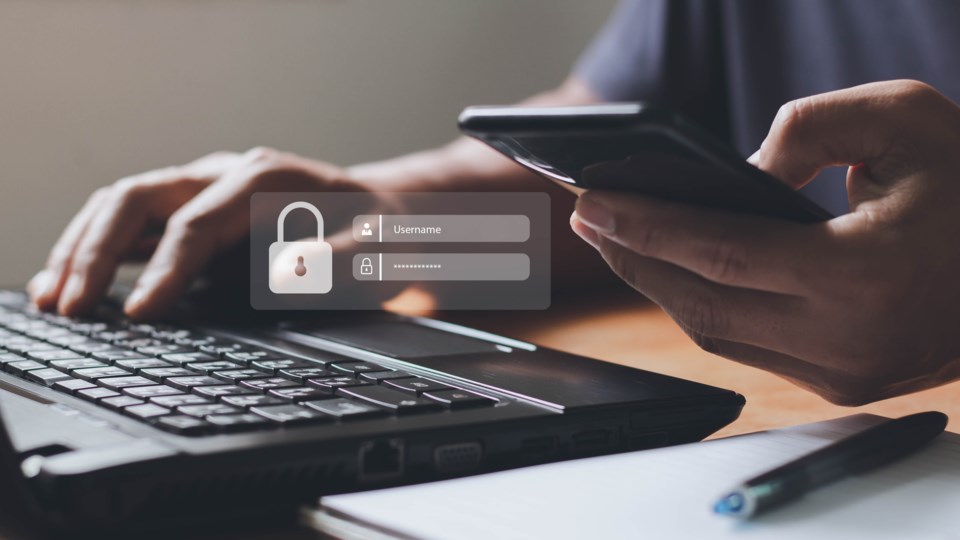Cyber-crime is an unfortunate reality in our always-connected world, and criminals continue to find ever more sophisticated ways to access our data. This can hurt not only your personal finances, but also your credit score, identity and even your reputation.
If you're feeling concerned, you're not alone. According to a recent poll, almost half of Canadians are worried about being a victim of cyber-crime in the coming year.
Older Canadians (55+) in particular are much more likely than younger generations to be concerned about having email or social accounts hacked, or being scammed online.
"As our Internet usage grows, so does cyber-crime – and the methods continue to evolve," said Adam Evans, chief information security officer with RBC. "It's important that Canadians proactively protect themselves and know what steps to take in the event personal data is breached in order to better recover.”
If your personal data is compromised online, there are several steps you can take right away:
Change all passwords immediately. Regardless of where the breach occurred, it’s important to update all your passwords right away, especially if you’ve used the same one across several accounts. A reputable password manager can help by saving your passwords to a vault and suggesting new ones for each site – that way you’ll only need to remember one.
Double down on safety. If you haven’t already, enable multi-factor authentication. This provides a second layer of security that helps prove you are who you say you are, like sending you a text with a numeric code you use to complete your login. This can reduce the chances of thieves accessing more than one account following a breach.
Lock your cards and contact experts to help. If your financial information has been compromised, chances are that your bank or credit card company is already aware. However, it’s a good idea to lock your debit or credit cards and call your financial institutions. Also advise friends and family to keep an eye out for unusual messages that could be attempts to access your personal information.
Education and vigilance are essential to guard against cyber criminals. You can become more cyber aware with resources like The Vault, a downloadable guide to cyber safety, available at rbc.com/cyber.
www.newscanada.com




